From Edited Lies to Legal Limbo: BBC’s Stunning Mea Culpa to President Trump Sparks $1B Lawsuit Storm – As Brit Broadcaster Refuses Payout, Will the Donald’s Defamation Hammer Finally Drop on Global Media Giants?
In the gilded glow of Mar-a-Lago’s grand halls, where the Atlantic’s whispers mingle with the resolute cadence of a leader unbowed by years of scrutiny, President Donald J. Trump absorbed the latest twist in a saga that’s as much about vindication as it is about the unyielding pursuit of truth. It was a crisp Thursday in November 2025 when word arrived from across the pond—a formal apology from the BBC, that venerable bastion of British broadcasting, for what Trump and his allies have long decried as a deliberate distortion of history. The network, facing the shadow of a staggering $1 billion defamation lawsuit, extended regrets for selectively editing his January 6, 2021, speech at the White House Ellipse, a moment forever etched in the nation’s collective memory as the prelude to the Capitol unrest. Yet, in a twist that underscores the high-stakes dance of media accountability, the BBC stopped short of opening its checkbook, insisting no legal liability exists while quietly shelving the offending documentary. For Trump, a man whose rallies once thundered with cries of “fake news,” this partial concession feels like a quiet victory—a chink in the armor of global giants who’ve shaped narratives to their liking, now forced to reckon with the raw power of a president who refuses to fade into footnotes. As the apology letter landed in White House inboxes, it wasn’t just ink on paper; it was an emotional exhale for millions of Americans who’ve felt gaslit by edited clips and slanted stories, a reminder that even the mightiest microphones must sometimes bend to the weight of facts.
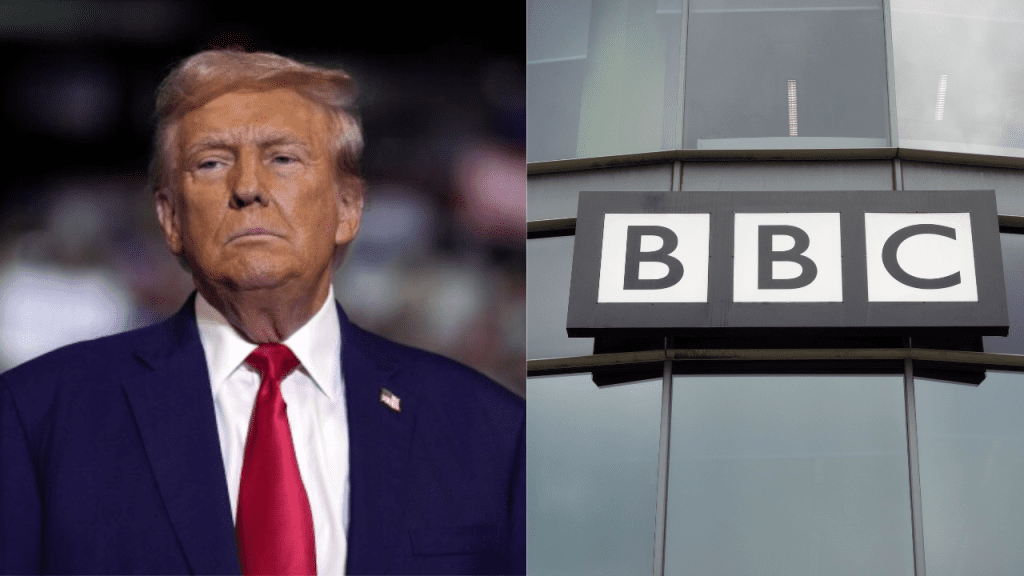
To step into the heart of this unfolding drama, you have to journey back to that fateful winter day in 2021, when the air in Washington crackled with tension and hope intertwined like vines on the Capitol’s dome. Trump, fresh from a bruising election battle he vowed to contest through every legal channel, addressed a sea of red-hatted supporters on the Ellipse, his words a tapestry of grievances and calls to action that would ignite endless debate. “We’re gonna walk down to the Capitol,” he urged, his voice booming over the crowd, “and I’ll be there with you.” But in the full context, those lines were bookended by pleas for peace: “I know that everyone here will soon be marching over to the Capitol building to peacefully and patriotically make your voices heard.” It was a speech that clocked in at over an hour, weaving through election fraud claims, tributes to supporters, and repeated emphases on non-violence—phrases like “peacefully and patriotically” uttered no fewer than 10 times, as fact-checkers later tallied. Yet, when the BBC’s Panorama program “Trump: A Second Chance?” aired in October 2025—a timely dissection of the president’s potential White House encore—producers sliced and diced those remarks into a seamless, sinister snippet. The edit compressed nearly 60 minutes of oratory into a 17-second soundbite: “We fight like hell, and if you don’t fight like hell, you’re not going to have a country anymore.” Gone were the pacific pleas; in their place, a chilling implication of incitement that painted Trump as the architect of anarchy, his face stern under the winter sun as if whispering war cries to the winds.
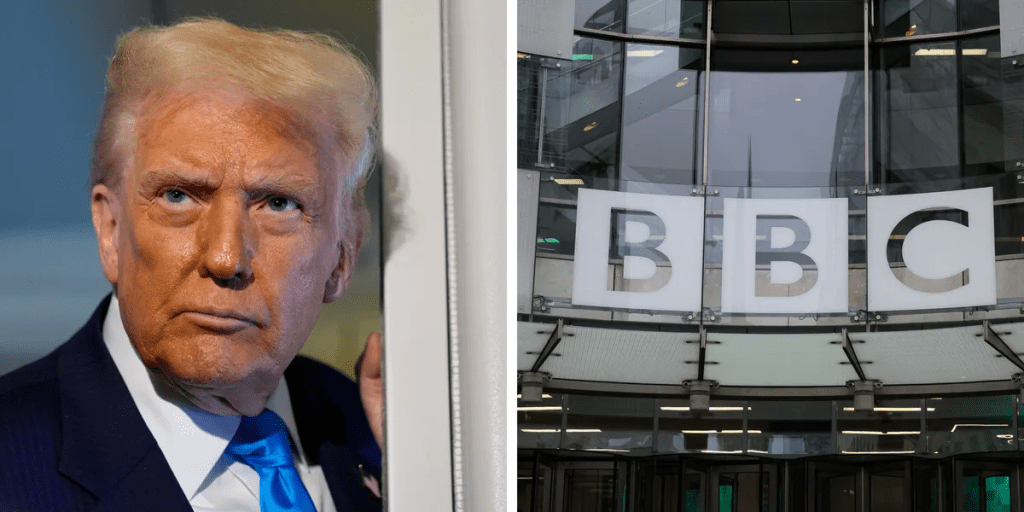
The deception didn’t stop there. The documentary layered in footage of Proud Boys members— that far-right fraternity labeled a hate group by the Southern Poverty Law Center—marching toward the Capitol, synced to Trump’s edited voice as if his words were the spark. In reality, those clips predated the speech by hours, captured in the pre-dawn haze as rallygoers gathered, their chants more festive than fomenting. Whistleblowers within the BBC, emboldened by the program’s backlash, leaked details to The Telegraph last week, sparking an internal firestorm that claimed two top executives: Panorama editor Kirsty McCabe and deputy controller of factual commissioning, Alison Kirkham, both tendering resignations amid accusations of editorial bias. For the families tuning in from living rooms across Britain and America, it was a gut punch—a program meant to inform, twisted into a tool that inflamed old wounds. Imagine the January 6 widow in Virginia, her husband’s photo on the mantel a daily reminder of loss, flipping channels only to see her pain repackaged as political theater. Or the Trump voter in Ohio, his faith in media eroded like rust on a forgotten bridge, feeling that familiar sting of manipulation. These aren’t abstractions; they’re the human echoes that make Trump’s threat resonate, a $1 billion defamation suit not born of ego, but of a deep-seated belief that words, once weaponized, wound deepest.

Trump’s response was vintage Donald—swift, unfiltered, and laced with the showman’s flair that’s kept him at the center of the cultural cyclone. On Sunday, November 9, his legal team fired off a cease-and-desist letter to BBC headquarters in London, demanding a full retraction of the documentary, an on-air correction, and compensation for the “irreparable harm” to his reputation. The figurehead? A cool billion dollars, a sum that underscores the stakes in an era where deepfakes and deep edits blur truth’s boundaries. “They defrauded the public, and they’ve admitted it,” Trump told Fox News host Laura Ingraham on Tuesday’s edition of The Ingraham Angle, his eyes narrowing with that trademark intensity as the studio lights caught the gold in his hair. “I guess I have to sue. Why not?” It was a line delivered with the gravitas of a man who’s weathered impeachments, indictments, and an assassination attempt just months prior in Butler, Pennsylvania—a rally turned tragedy that left a core supporter dead and Trump bloodied but unbroken. For his inner circle, from Chief of Staff Susie Wiles to communications guru Karoline Leavitt, the missive was more than legalese; it was liberation, a counterpunch in the endless media melee that’s defined his public life. Leavitt, in a statement to the Post, framed it as “a stand for honest journalism,” her voice steady with the quiet fury of someone who’s fielded years of fire from the fourth estate.
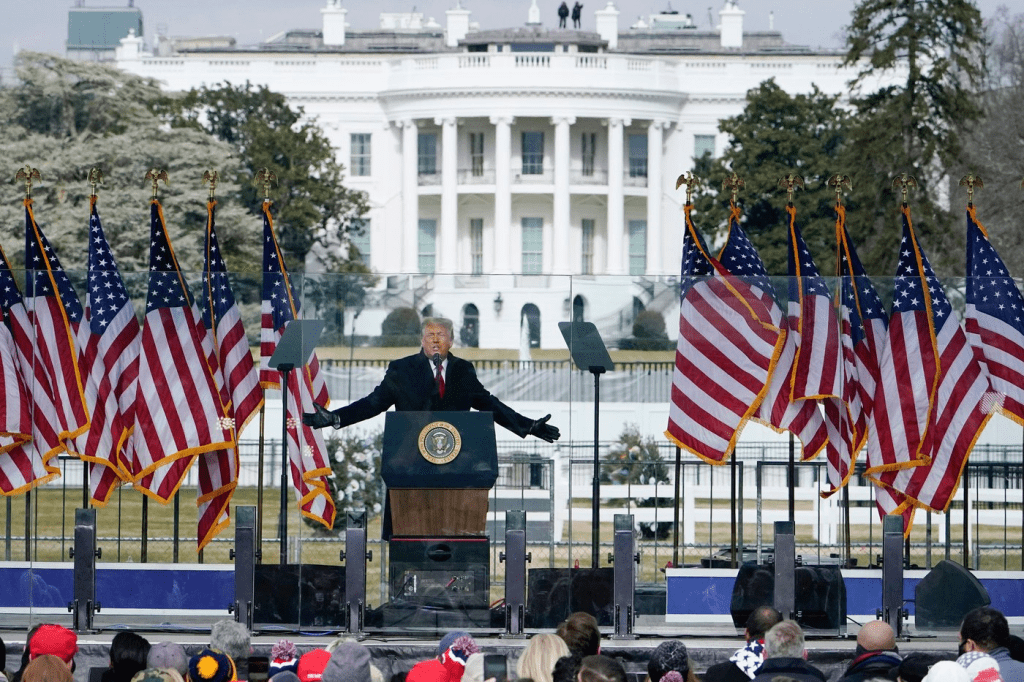
The BBC’s reply, penned by lawyers and sealed with the personal touch of chair Samir Shah, arrived Thursday like a white flag waved from a foxhole—sincere in sorrow, but steadfast in stonewalling. Shah’s letter to the White House expressed “profound regret” for the edit, acknowledging it “unintentionally created the impression” of a continuous call to arms, when in truth it was a patchwork of excerpts spanning the speech’s sprawl. A correction now graces the BBC’s website under its “corrections and clarifications” section, a humble footnote reading: “This programme was reviewed after criticism of how President Donald Trump’s 6th January 2021 speech was edited. During that sequence, we showed excerpts taken from different parts of the speech. However, we accept that our edit unintentionally created the impression that we were showing a single continuous section of the speech, rather than excerpts from different points in the speech, and that this gave the mistaken impression that President Trump had made a direct call for violent action. The BBC would like to apologise to President Trump for that error of judgement.” It’s a mea culpa that carries the weight of institutional introspection, especially coming from a network funded by British license fees and bound by a charter demanding impartiality. Yet, the lawyers’ addendum was unyielding: “While the BBC sincerely regrets the manner in which the video clip was edited, we strongly disagree there is a basis for a defamation claim.” No payout, no rebroadcast of the doc—Panorama’s “Trump: A Second Chance?” consigned to the vault—but no capitulation either, a line in the sand drawn with the precision of a constitutional scholar.
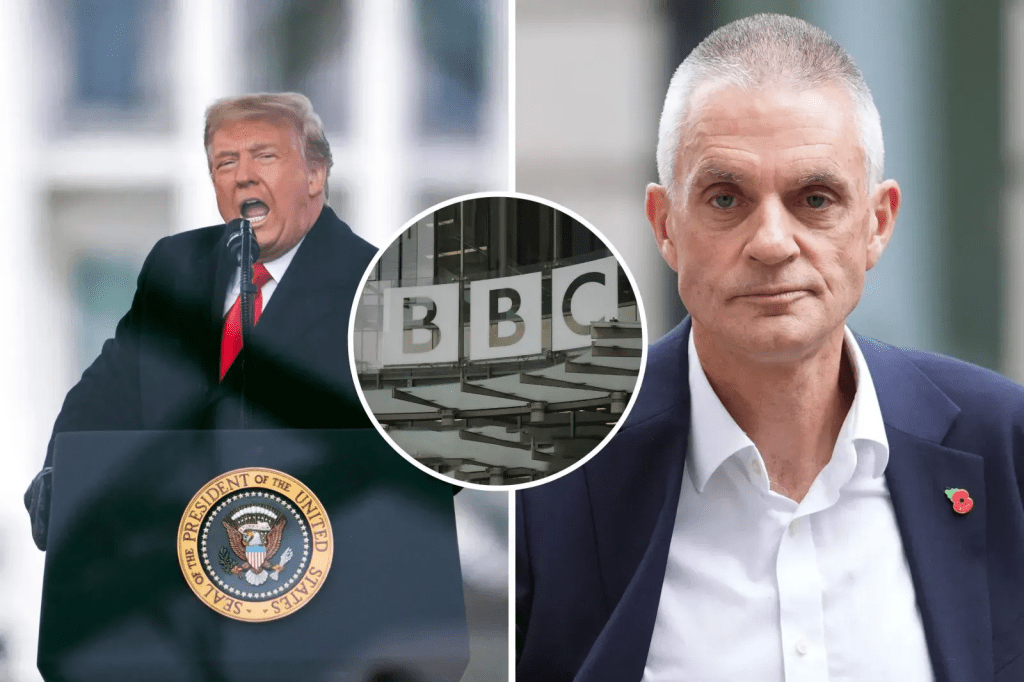
This standoff isn’t isolated; it’s the latest verse in a ballad of broadcast battles that’s spanned oceans and administrations. Trump’s media skirmishes date back to his 2015 campaign launch, when he branded CNN “fake news” and sparked a lexicon that’s now as American as apple pie. Post-January 6, the floodgates opened—ABC settling a $15 million suit in 2024 over George Stephanopoulos’ false claims of liability, CBS facing heat for edited 60 Minutes clips that same year. The BBC, with its global reach and reputation for gravitas, entered the fray last October, the Panorama special timed to probe Trump’s comeback bid amid his 2024 landslide victory. Critics like UK media watchdog Ofcom launched inquiries after viewer complaints topped 1,200, while American outlets from Newsmax to the Daily Caller amplified the edit’s sleight-of-hand. For Rubio’s State Department, now under Trump’s second-term thumb, it’s fodder for diplomatic notes—informal chats with London envoys underscoring the transatlantic trust eroded by such slips. Balanced against the backlash, defenders of the BBC point to journalistic intent: a program grappling with democracy’s fractures, not fabricating them. Director-General Tim Davie, in an internal memo leaked to The Guardian, called the edit “a rare lapse in rigor,” vowing enhanced training for factual teams—a nod to the human element in a machine of misinformation.
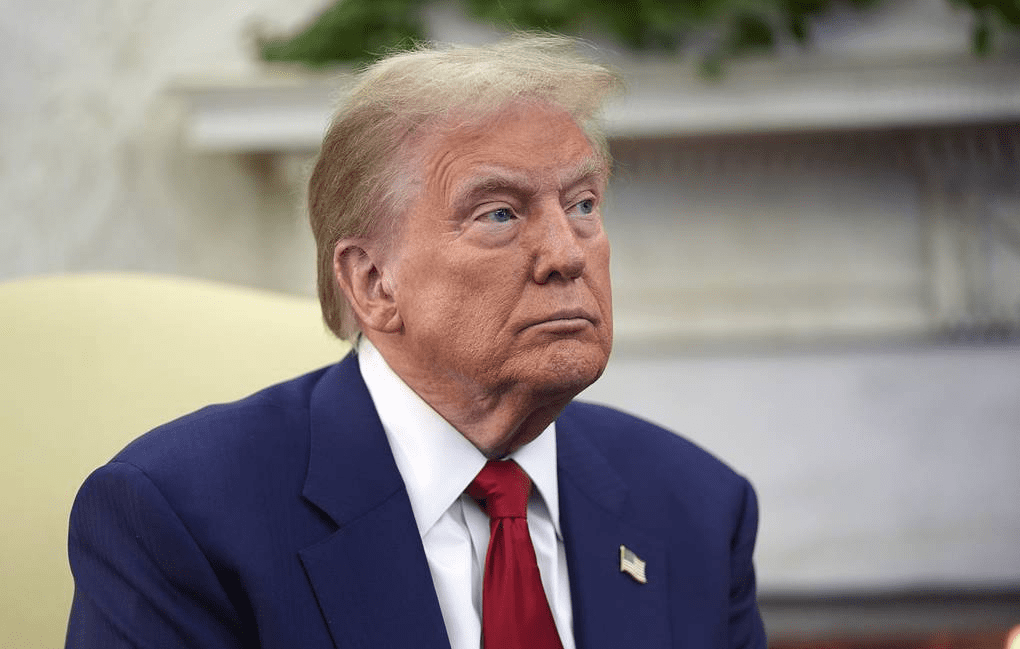
Yet, for the heartland families who’ve pinned their hopes on Trump’s unfiltered authenticity, this apology hits like a homecoming hug—a validation that the emperor’s new clips can indeed be exposed. Take the Millers from rural Georgia, Trump voters since ’16, whose January 6 pilgrimage ended in regret when their son faced misdemeanor charges for parading without a permit. “We heard ‘fight like hell’ looped on every channel, but never the ‘peacefully’ part,” Mrs. Miller shared in a tearful Fox town hall last spring, her voice cracking over the phone line. Stories like theirs flood Trump’s tip lines, turning legal letters into lifelines for the overlooked. As the $1 billion threat looms—filed potentially in New York federal court, where Trump’s defamation wins against E. Jean Carroll set precedents—the BBC’s refusal to pay adds intrigue, a test of U.S. jurisdiction over foreign foes. Trump’s counsel, Alejandro Brito, a rising star from Miami’s litigation wars, has hinted at escalation: discovery demands for internal emails, depositions of Panorama producers, perhaps even sanctions if the network drags its feet. “This isn’t about money; it’s about making them own the mendacity,” Brito told confidants, his resolve a mirror to his client’s.

As November’s harvest chill settles over D.C. and London alike, this BBC-Trump tango feels less like a tabloid tussle and more like a milestone in media’s mirror-gazing era. For Trump, it’s another arrow in his quiver of resilience, a chapter in the comeback chronicle that propelled him from courtroom defendant to Oval Office occupant. For the BBC, it’s a humbling horizon, a chance to reclaim the impartial perch from which it once surveyed empires. And for viewers on both sides of the Atlantic, weary from whiplash narratives, it’s a poignant prompt: truth isn’t edited—it’s endured, one unfiltered frame at a time. Whether the suit sails forward or settles quietly, one emotional certainty lingers: in the court of public conscience, apologies may soothe, but accountability? That’s the real restitution, a balm for a divided world yearning to see clearly once more.


